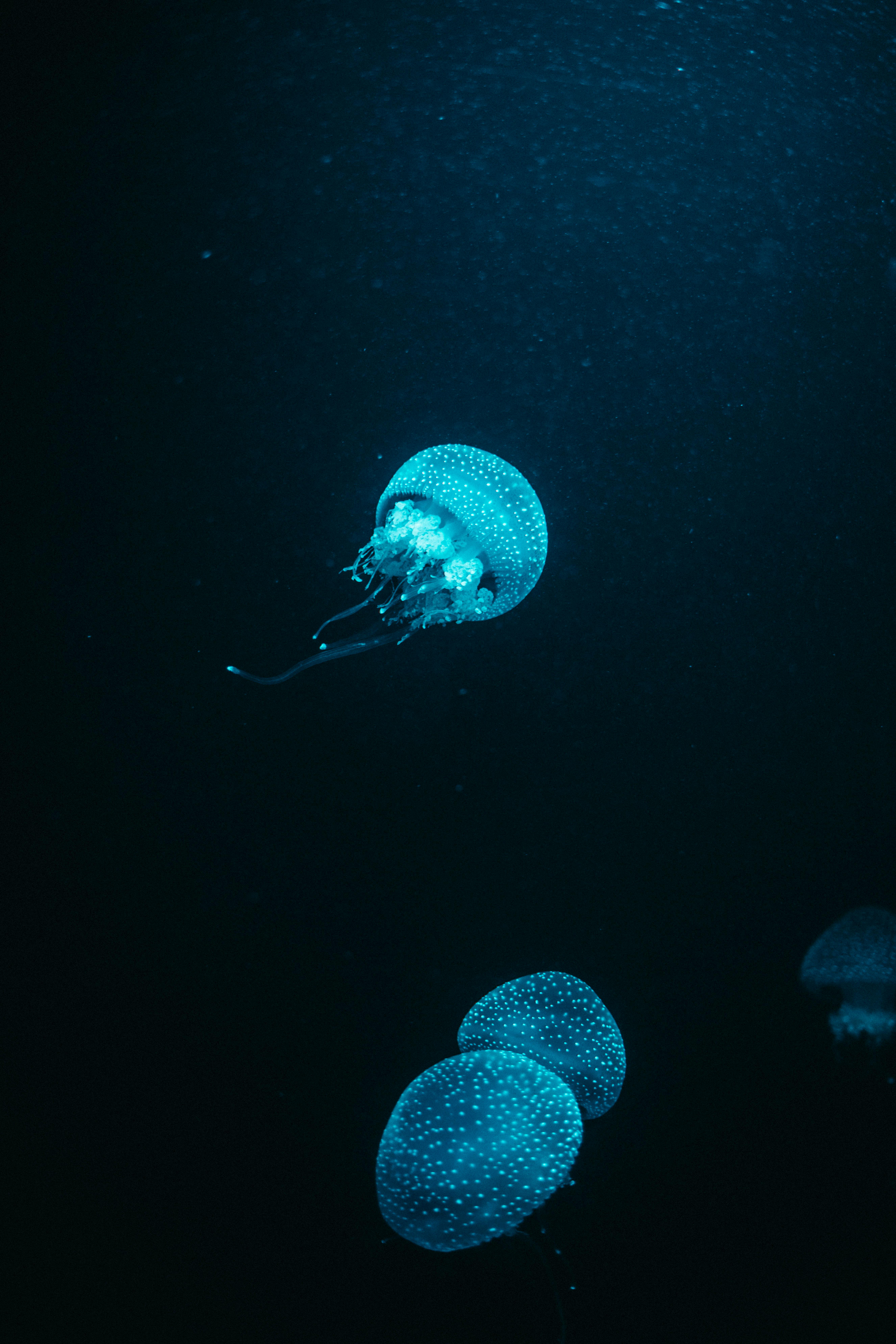Unraveling the Enigma of Cephalopod Consciousness
The mysterious world beneath the waves harbors creatures of extraordinary intelligence and complexity. Among these, cephalopods stand out as some of the most fascinating and enigmatic beings on our planet. Recent scientific breakthroughs have shed new light on the cognitive abilities of these eight-armed wonders, challenging our understanding of animal consciousness and sparking a revolution in the field of marine biology.

The Evolution of Cephalopod Intelligence
The story of cephalopod intelligence begins millions of years ago, when these mollusks diverged from their shelled ancestors. Unlike vertebrates, whose intelligence evolved alongside a centralized nervous system, cephalopods developed a unique neural architecture. Their brain is distributed throughout their body, with a significant portion of their neurons located in their arms. This decentralized nervous system allows for rapid decision-making and complex problem-solving, enabling cephalopods to adapt swiftly to changing environments.
Over time, cephalopods evolved sophisticated sensory systems, including highly developed eyes and sensitive skin capable of detecting minute changes in water pressure. These adaptations, combined with their neural complexity, laid the foundation for the emergence of advanced cognitive abilities.
Decoding Cephalopod Behavior
Recent studies have revealed astonishing examples of cephalopod intelligence. Octopuses, in particular, have demonstrated tool use, spatial memory, and even the ability to learn by observation. In laboratory settings, they have solved complex puzzles, navigated mazes, and even engaged in what appears to be play behavior.
One of the most striking discoveries is the octopus’s ability to edit its own RNA, a process that allows for rapid adaptation to environmental changes. This unique capability may contribute to their problem-solving skills and flexibility in learning, setting them apart from other invertebrates.
The Debate on Cephalopod Consciousness
The question of whether cephalopods possess consciousness has sparked intense debate within the scientific community. Traditional markers of consciousness, such as self-awareness and metacognition, are challenging to assess in these alien-like creatures. However, emerging research suggests that cephalopods may exhibit behaviors indicative of subjective experiences and emotional states.
Studies have shown that octopuses can recognize individual humans and react differently to them based on past interactions. They also display signs of frustration when faced with difficult tasks and appear to experience pain and distress. These observations have led some researchers to propose that cephalopods may have a form of primary consciousness, characterized by the ability to have subjective experiences.
Implications for Animal Welfare and Conservation
The growing evidence of cephalopod intelligence and potential consciousness has significant implications for animal welfare and conservation efforts. In 2010, the European Union included cephalopods in its list of protected animals in scientific research, acknowledging their capacity for suffering.
This recognition has led to changes in how these animals are treated in captivity and research settings. Aquariums and marine laboratories are now required to provide more complex and stimulating environments for cephalopods, mimicking their natural habitats and offering opportunities for problem-solving and exploration.
Challenges in Studying Cephalopod Cognition
Despite recent advancements, studying cephalopod cognition remains a challenging endeavor. Their short lifespans, typically ranging from 1 to 5 years, limit long-term studies. Additionally, their unique physiology and behavior make it difficult to apply traditional cognitive tests designed for vertebrates.
Researchers are developing new methodologies tailored to cephalopod biology, including underwater mazes and touch-screen interfaces adapted for tentacle use. These innovative approaches are providing unprecedented insights into the mental lives of these enigmatic creatures.
The Future of Cephalopod Research
As technology advances, so does our ability to delve deeper into the mysteries of cephalopod cognition. Cutting-edge neuroimaging techniques are being adapted for use with these soft-bodied animals, offering glimpses into their neural activity during problem-solving tasks.
Genetic studies are also shedding light on the molecular basis of cephalopod intelligence. The recent sequencing of the octopus genome has revealed unique genetic adaptations that may underpin their cognitive abilities, including genes associated with neural development and synaptic plasticity.
The field of cephalopod cognition is rapidly evolving, with new discoveries continually reshaping our understanding of these remarkable creatures. As we unravel the enigma of cephalopod consciousness, we are not only gaining insights into the diversity of intelligence in the animal kingdom but also challenging our very conception of what it means to be conscious.






